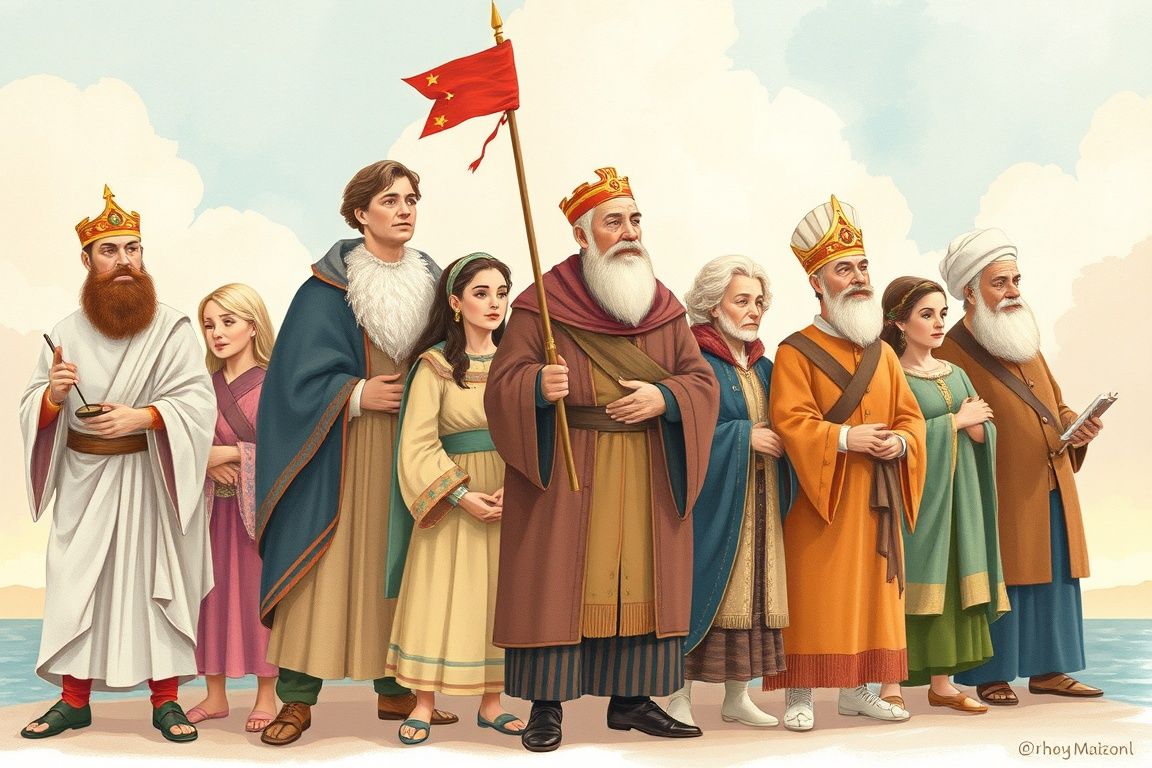The Evolution of Political Systems Over Time
Why It’s Worth It
Develop a comprehensive understanding of how political systems have evolved and influenced current governance styles.
Gain the tools to analyze and critique modern political issues considering historical perspectives.
Enhance your political literacy, which can aid in both personal and professional decision-making related to governance.
Your Learning Roadmap
Foundations of Political Systems
This module lays the groundwork for examining political evolution by defining key terms, discussing political theories, and exploring the frameworks that have guided political analysis through history. Referencing seminal works like Fukuyama’s texts, students will build a strong conceptual base. Understanding Political Systems Key Political Theories Analytical Frameworks
Ancient Political Orders
This module delves into how ancient city-states and empires pioneered governmental structures. Students will learn the characteristics of early political systems and how these models have influenced modern governance. City-States and Early Democracies Empires and Authoritarian Rules Lessons from Ancient Governance
Medieval and Feudal Structures
In this module, students will explore the feudal system, the intricate relationship between the church and state, and the gradual shift toward centralized power in medieval Europe. Feudalism Fundamentals Church and State Interactions Transition to Centralized Authorities
Reformation and Enlightenment Impacts
This module examines how challenges to traditional authority during the Reformation and the rise of Enlightenment ideas spurred the development of modern political ideologies. It also analyzes the transformation from absolute rule to systems emphasizing individual rights and democratic principles. The Reformation's Political Impact Enlightenment Ideas Birth of Modern Political Ideals
Modern Nation-States and Globalization
This module focuses on the development of nation-states amid the forces of industrialization and globalization. Students will investigate how modern political systems have been shaped by technology, economic transformations, and global interactions. Industrialization and Political Change Nation-State Formation Globalization and Its Political Effects
Contemporary Challenges and Future Outlooks
This final module examines the drivers behind modern political challenges, including technological disruption, populism, and polarization. Students will also engage in forward-looking discussions on how political systems might evolve to address 21st-century challenges. Technology and Political Change Contemporary Political Challenges Forecasting Future Political Trends
What Users Are Saying
All You Need to Know
Enroll Now & Transform Politics
Real-time AI support for instant feedback and queries
Flexible learning schedule—study anytime, anywhere
Engaging chat-based approach to learning
Explore practical applications and real-world examples
Deep dive into political theory with historical context
Modular structure allows for focused learning on specific topics.

